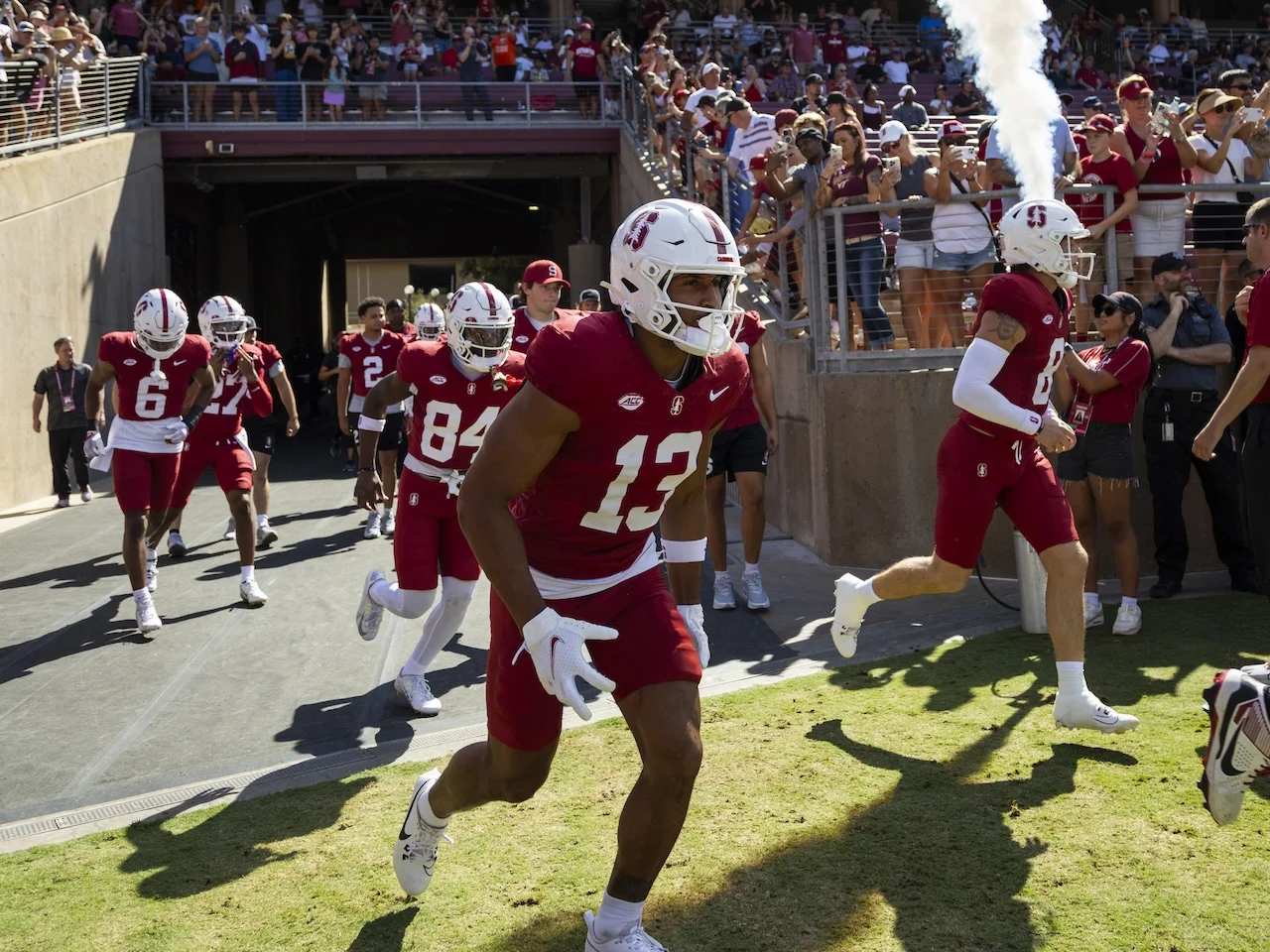NASHVILLE, Tenn. -- "Love Ball" is a great mantra. I have no problem with this Titans' regime seeking ball lovers.
They should, however, be hyper-aware that the last "Love Ball" regime found Isaiah Wilson, Vic Beasley and Nicholas Petit-Frere, guys who ultimately seemed to have little passion for ball.
Did Jon Robinson and Mike Vrabel believe those players and others who flamed out actually loved ball? Did they misread them before they brought them in? Did they squeeze the love out of them? Or did they sell “Love Ball” but actually believe there was room for some guys who didn’t on a 53-man roster, where they would be surrounded and cushioned by a lot of guys who did?

That was never entirely clear.
But the fact that the nine players the Titans selected in the draft on Thursday, Friday, and Saturday appear to have a passion for the game does not guarantee the organization anything.
Friday night after the Titans chose Femi Oladejo in the second round and Kevin Winston Jr. in the third, Mike Borgonzi talked about how they love football.
“I think both these guys, because they love football and everything — their work ethic, those are the type of guys that elevate the culture,” he said. “So really with all three, obviously Cam (Ward) as well -- you want to change the culture of a program, you take guys like that love football, love the process. And all three of these guys that we've taken so far fit that.”
What matters most isn’t whether they love it now, but whether that feeling will grow as things get harder and pressure gets more extreme. In recent years, the Titans have clearly not been particularly good at predicting that.
Playing in the league is hard, there is a lot of criticism from tough coaching and media that brings different varieties of fatigue on top of physical wear and tear.
“If you don’t love the game of football,” Titans national scout Sam Summerville said, “all of that becomes exponentially harder.”
A team like the Titans would be hard-pressed to bring in many guys who have questionable passion for the game. At times, a team must make a value judgment on a player who falls because there may be questions in this area.
Missouri wide receiver Luther Burden rated as such a prospect. Blake Beddingfield wrote that he was “a ‘trust-your-scouts’ type talent. The Titans must have good intel on him to select him.” At least some of the questions about Burden were about his work ethic, which may tie into his love-ball quotient.
The Titans passed on Burden at No. 35, trading out. My impression was that they did not universally like him. How much of that had to do with a question about his love of the game, I do not know. Burden went 39th to the Bears.
Since it’s a huge element for what the Titans are building, they have to do really well at identifying it, especially with premium picks. And love must translate to production.
That certainly was not the case with Robinson and Vrabel when it came to Wilson and Treylon Burks, first-round picks; Beasley, who got $9.5 million guaranteed in a one-year deal and was cut after eight games; Petit-Frere, a third rounder who seemed to lose his hear for it all; and other misses, underachiever or players who trended the wrong direction including Dennis Daley, Andre Dillard, Jadeveon Clowney, Monty Rice, Teair Tart, Kristian Fulton and Nate Davis.
“I think guys are able to fake sometimes a passion for the game, and it can be misconstrued sometimes as a guy loving the game,” Titans national scout Sam Summerville said, not speaking about those former Titans, but about members of the draft class. “But there is a difference between loving actually football and loving what football can bring to you.
"I think having an understanding of what shows one versus the other is part of what makes some of us good at our jobs. Hey, I hear what you’re saying, but understanding it’s time to ask the next question.”
![]() One indicator that will help moving forward is money.
One indicator that will help moving forward is money.
I’ve long abided by legendary scout C.O. Brocato’s bromide that money makes guys more of what they are, something Summerville mentioned when he spoke over draft weekend.
With collegiate NIL deals, teams don’t have to wonder as much about what money will magnify, because the process gets underway, at least to a degree, while they are playing college ball.
“I think the NIL world has kind of helped give us some answers to the test because they are getting paid now already,” Summerville said. “With the guys that we’ve picked this year, I think all of those guys you can see from the adversity they’ve had to overcome, that they would have quit by now if it were just all about the money.”